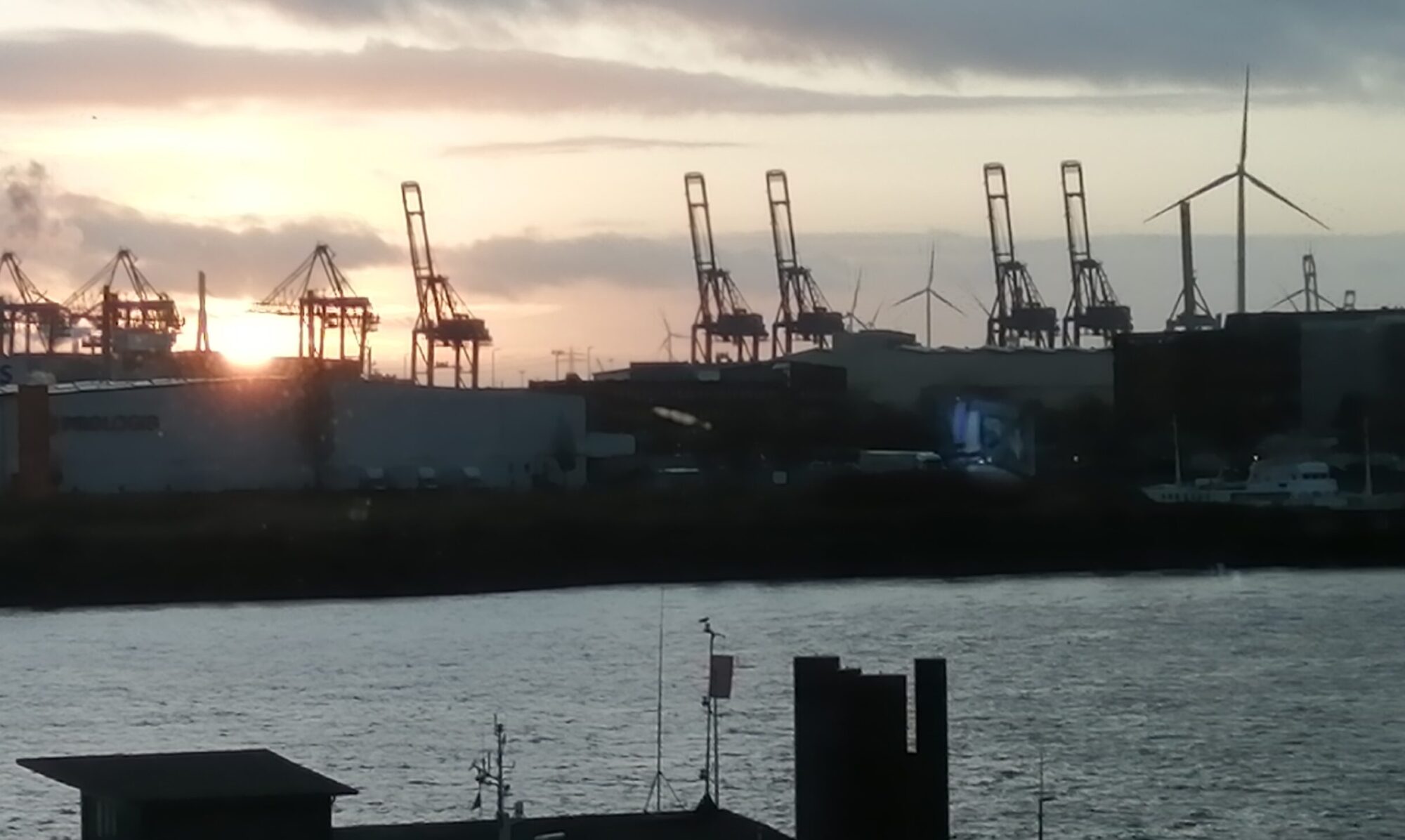Article by Akshat Rathi in Bloomberg Zero
| A deadly, overlooked consequence of climate change: disease |
| Over the past year, more than 1,000 people have died in Malawi of cholera—a disease that’s preventable and very easy to treat. The disease is endemic to the East African country, but this outbreak has taken more lives than any in the past. And climate change is, at least partly, to blame.It began when Malawi, along with Madagascar, Mozambique and Zimbabwe, were hit by a series of cyclones and storms starting in January 2022. That caused floods, deaths, and displacement across the region. World Weather Attribution, a group of scientists that assesses the role of climate change in extreme weather events, said in April that global warming had made those storms wetter and more intense than they would otherwise have been, hitting already vulnerable communities harder. That, in turn, has led to outbreaks of disease that are worse and harder to stem than would otherwise be the case.“Environment and climate drive a lot of health outcomes,” said Madeleine Thomson, head of climate impacts and adaptation at the Wellcome Trust, a health research charity. “But the health community are not geared up to use climate information in their programs.”  Medical staff stand outside a treatment tent that accommodates patients with diarrhea in Mozambique in 2019, following a cyclone that ravaged the country. Photographer: Yasuyoshi Chiba/AFP/Getty ImagesThough the link between climate and health outcomes is not yet well understood by practitioners, the connections are increasingly clear. Medical staff stand outside a treatment tent that accommodates patients with diarrhea in Mozambique in 2019, following a cyclone that ravaged the country. Photographer: Yasuyoshi Chiba/AFP/Getty ImagesThough the link between climate and health outcomes is not yet well understood by practitioners, the connections are increasingly clear.Heat waves cause thousands of deaths, with many falling victim because their homes aren’t adapted to hotter weather. The 2022 heatwave in Europe led to more than 20,000 excess deaths.Droughts cause starvation and reduced nutrition, which can cause long-term developmental challenges for children and often outright death. Millions in the Horn of Africa, across Djibouti, Ethiopia, Kenya and Somalia, are suffering from the longest drought in 40 years.There are also “vector-borne diseases”—from malaria to lyme disease—that are caused by viruses, bacteria and parasites, but carried to humans by mosquitoes, ticks or the like. Warmer temperatures mean some of these vectors are able to survive and explore newer regions, causing the disease to spread further than before. Climate change also increases the risk of pandemics, with growing human-animal contact driven by disruptions to ecosystems.Then there’s cholera, a disease of poverty and poor infrastructure. The strains of bacteria that cause cholera spread through the fecal-oral route, which tends to happen in places where there is a lack of access to clean water and poor hygiene. Treating cholera requires oral rehydration solution (ORS), a mix of salts and sugar delivered in clean water. However, when a flood or drought displaces large populations, delivering either clean water or ORS becomes harder and makes outbreaks worse. And cholera outbreaks have happened not just in Malawi, but also in flood-hit Pakistan, Nigeria, and Mozambique in just the last few months.It was a study of cholera’s link to contaminated water in London, carried out in 1854 by physician John Snow, that gave rise to the field of epidemiology, the study of disease patterns and prevalence in a population. More than 150 years later, climate change is adding a new dimension to the epidemiological outcomes of cholera.“We still have quite a naïve global-health community that thinks climate is important, but doesn’t know how to integrate climate knowledge into practice,” said Thomson. But that’s “beginning to change.”This week on the Zero podcast, Bloomberg Green reporter Akshat Rathi talks to billionaire investor Chamath Palihapitiya about why he decided to invest in climate tech and the limits to imitating Warren Buffett. Listen to the episode — and subscribe now on Apple, Spotify, or Google to get new episodes every Thursday.In October, the World Health Organization and the World Meteorological Organization launched a platform with funding from the Wellcome Trust to provide people with information they can use to save lives. Many of the solutions are straightforward, such as improving early warnings of extreme-weather events and offering more advice on what to do if you’re affected, but remain hard to execute because the right information isn’t with the right people.“We often speak with public health practitioners who … lack access to training and tailored climate information needed to address these growing issues,” said Joy Shumake-Guillemot, who leads the WMO-WHO joint effort, in October. “On the other side, we have climate experts sitting on troves of research and resources that could be applied to support public health goals, but just aren’t reaching the right people.”Malawi is one of the poorest countries in the world, which is one reason why it struggles with diseases like cholera in the first place. As the country gets richer and builds better infrastructure, cholera should be banished. But climate change means that its basic development goals have now become harder to achieve, which means cholera could continue its rampage for longer. That’s not a world Malawi deserves, having contributed essentially nothing to the greenhouse gases accumulated in the atmosphere.Akshat Rathi writes the Zero newsletter, which examines human progress on a warming planet. You can email him with feedback.Like getting the Green Daily? Subscribe to Bloomberg.com for unlimited access to breaking news on climate and energy, data-driven reporting and graphics and Bloomberg Green magazine. Read and share this story on the web here. |

